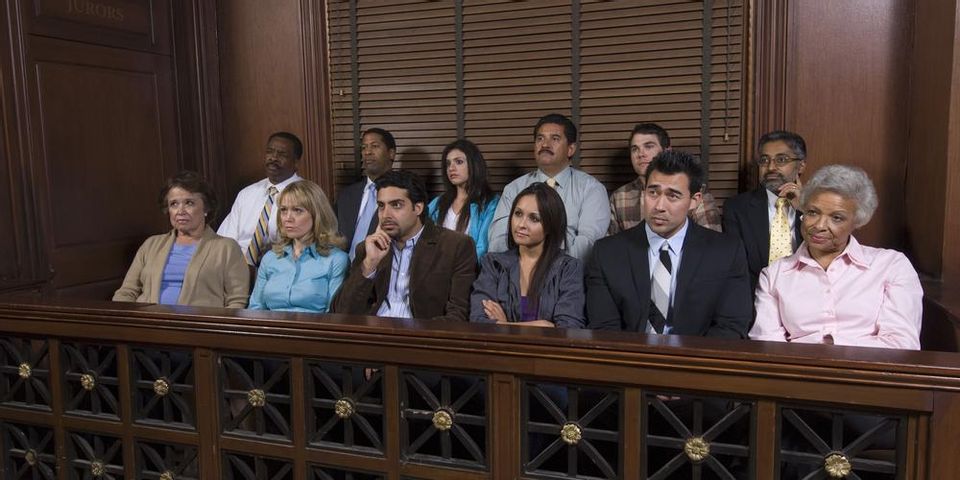Cross-Examination: What Really Matters to a Trial Lawyer?

When preparing cross-examinations, where in the sentences should you place the most important points? It may seem like a minor detail, but a seasoned trial lawyer knows that syntax matters. Structuring questions to give crucial points greater emphasis is invaluable to persuading the jury in your favor and securing you the best possible outcome.
How Sentence & Question Structure Plays a Role in Effective Cross-Examination
 Experienced trial lawyers conducting cross-examinations in criminal and civil cases use the order of words as tools to create the impact they want. The right structure will strongly emphasize the crucial facts you want to be imprinted in the minds of the jurors.
Experienced trial lawyers conducting cross-examinations in criminal and civil cases use the order of words as tools to create the impact they want. The right structure will strongly emphasize the crucial facts you want to be imprinted in the minds of the jurors.
For instance, an attorney will try to focus a jury’s attention on the most important point by placing it at the end of the question. If they want to convey that the witness kept a loaded gun where a child could easily reach it, they might ask: “Is it true that on the bottom shelf of an unlocked cabinet, you stored a loaded handgun?”
Witnesses don’t have as much time to think when the crucial point comes at the end of the question. They either take the time to process their response or blurt out an answer that may be harmful. A few seconds of “hang time” can create suspicion about the witness’ credibility in the jurors’ minds and supply the doubt needed to sway the jury in your favor.
With more than 40 years of experience as a trial lawyer, Ronald D. Zipp Attorney at Law in New Braunfels, TX, provides zealous, effective courtroom advocacy when conducting direct and cross-examination. Visit the firm’s website for more about his dynamic family and criminal law practice. Call (830) 629-5600 to schedule a consultation and review their Google+ page for additional helpful information.
About the Business
Have a question? Ask the experts!
Send your question

